Donald Trump should have behaved like Richard Nixon
Donald Trump’s behaviour may have been obnoxious, but it’s far from being illegal or worth making US polarisation even worse.
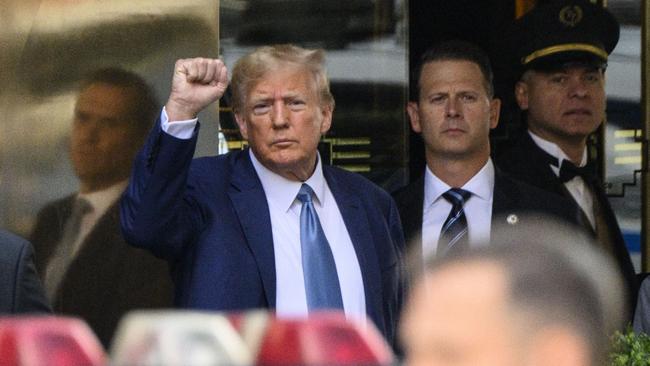
In 2020 Republican president Donald Trump lost the election by more than seven million votes yet used every rhetorical, legal and potentially illegal means to overturn the result. It was a disastrous choice for the country, for his legacy and probably for his chances of re-election next year. His record, commendable on some fronts, was shredded in a few short weeks.
The facts set out in the 45-page indictment levelled against Trump, unveiled this week by special counsel Jack Smith – only one side of the story to be sure – leave the impression of an obsessed, deluded, furious man who refused to recognise political reality. Whatever the real level of fraud, and there’s always some, Trump refused to listen to numerous top staff members and Republican officials who told him his push to remain in office was doomed and unjustified – “conspiracy shit beamed down from the mothership”, as one top staff member put it.
“I don’t care about a link, I don’t need it,” Trump told Georgia’s Republican Secretary of State, Brad Raffensperger, when the latter offered to provide exculpatory evidence on January 2, 2021. Two dead people voted in Georgia, not 10,000, as Trump argued.
But equally the latest indictment, Trump’s third this year, appears highly political, signed off by a grand jury comprising electors from the District of Columbia, which voted 92 per cent for Joe Biden and Kamala Harris in 2020, and a special counsel whom Trump repeatedly has smeared as deranged. It smacks of electoral interference against the frontrunner for next year’s Republican presidential nomination, who remains a threat to a doddery, uninspiring 80-year-old incumbent President mired in a growing corruption scandal, presiding over an economy potentially on the cusp of recession.
And it’s legally dubious: the “conspiracy to violate rights” charge rests on a post-civil war act to stop the Ku Klux Klan intimidating newly freed African-Americans, while the two “conspiracy to obstruct and official proceeding” charges rest on the 2002 Sarbanes-Oxley Act, passed in the wake of the Enron scandal in 2001 to stamp out accounting fraud.
Renowned legal scholar and long-term Democrat Alan Dershowitz says the indictment is “one of the strangest documents I’ve ever seen”.
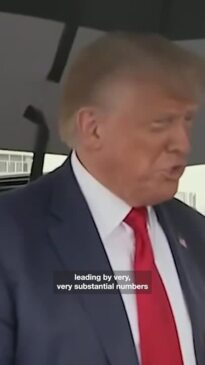
At its core the indictment seeks to criminalise telling lies, bread-and-butter politics, and acting on them. “Trump’s claims were false, and he knew that they were false,” the indictment states. The word knowingly appears 36 times, underpinning its crucial assumption that Trump did not actually believe he had been cheated – a claim most Americans, and perhaps at least one future juror, surely would doubt given his continuing obsession with the 2020 presidential election.
“Each of these conspiracies (was) built on the widespread mistrust Trump was creating through pervasive and destabilising lies about election fraud,” the indictment states.
If Trump wasn’t lying, the charges disintegrate, and free speech, however delusional, remains the cornerstone of US civil rights in the constitution.
“Under the first amendment there is no such thing as a false idea,” US Supreme Court chief justice William Rehnquist famously wrote in 1990.
Indeed, if Trump did believe he was cheated – along with the crackpot legal theories being fed to him by his oddball alleged co-conspirator lawyers, including Rudy Giuliani and Sidney Powell – why wouldn’t he try to enlist his vice-president, Mike Pence, to discount some electors? Why wouldn’t he rant and rave on social media, and pester senior state officials to declare their counts void?
Indeed, about 30 per cent of American voters still believed in June this year that Biden won the 2020 election only through voter fraud, according to a recent Monmouth University poll.
Future prosecutors will have a challenging time trying to prove beyond reasonable doubt that Trump didn’t believe any of his claims, let alone with defence lawyers throwing doubt.
That Trump and his six acolytes had conspired to pull off an insurrection or coup looks even more ludicrous. They had zero chance of success, suggesting they could have never intended to.
“There is no world, there is no option in which you do not leave the White House on January 20th,” Trump’s deputy White House legal counsel, a man with powerful incentives himself to want Trump to stay in office, told the president on January 3, 2021. “There would be riots in every major city in the United States.”
The indictment contains zero evidence Trump had conspired with the US military, which he would have needed onside to stay in power, given the overwhelming legal, political and social forces arrayed against him by January 6, 2021 – or even the notorious Proud Boys.
And congress voted by overwhelmingly majorities to certify the 2020 election result.
Russia’s Wagner Group recently reminded the world what a real insurrection looks like – people die, helicopters are shot down, tanks advance on the capital. January 6, as footage suggests, was a protest that got out of control. Trump had even encouraged his supporters at the rally held earlier that day to protest “peacefully and patriotically” – a line conveniently left out of this week’s indictment accusing him of “exploiting the violence and chaos at the Capitol”.
However gratuitous and unfair this indictment, Trump remains in serious legal peril from the earlier – and far more reasonable – federal indictment against him, also issued by Smith, for wrongly taking classified documents to his private home, let alone showing off some of them to others, as recently revealed.
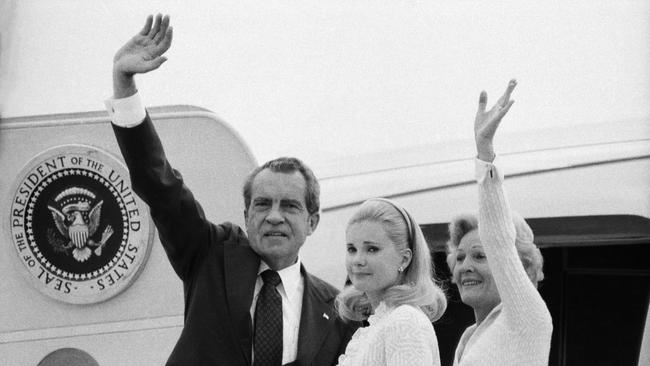
By choosing the prudent path in 1960, Nixon was able to come back to win two huge election victories from 1968 before ultimately sowing the seeds of his own political demise. As the Watergate scandal engulfed his presidency, Nixon was forced to resign on August 9, 1974, under pain of impeachment at the behest of both major parties. Once again, he wisely didn’t fight to stay in power, unlike Trump.
But two wrongs don’t make a right: Smith’s indictment of Trump this week looks like retribution, which can only polarise an already divided nation further, and potentially sets up dangerous political and legal precedents.
Trump’s behaviour laid out in the indictment may well have been nauseating, as his former attorney-general William Barr said this week, but being obnoxious isn’t illegal.
This latest indictment risks violating the Nixon standard set in 1974, whereby impeachment or criminal prosecution of a president or former president needs bipartisan support, otherwise it risks leaves a festering political scar.


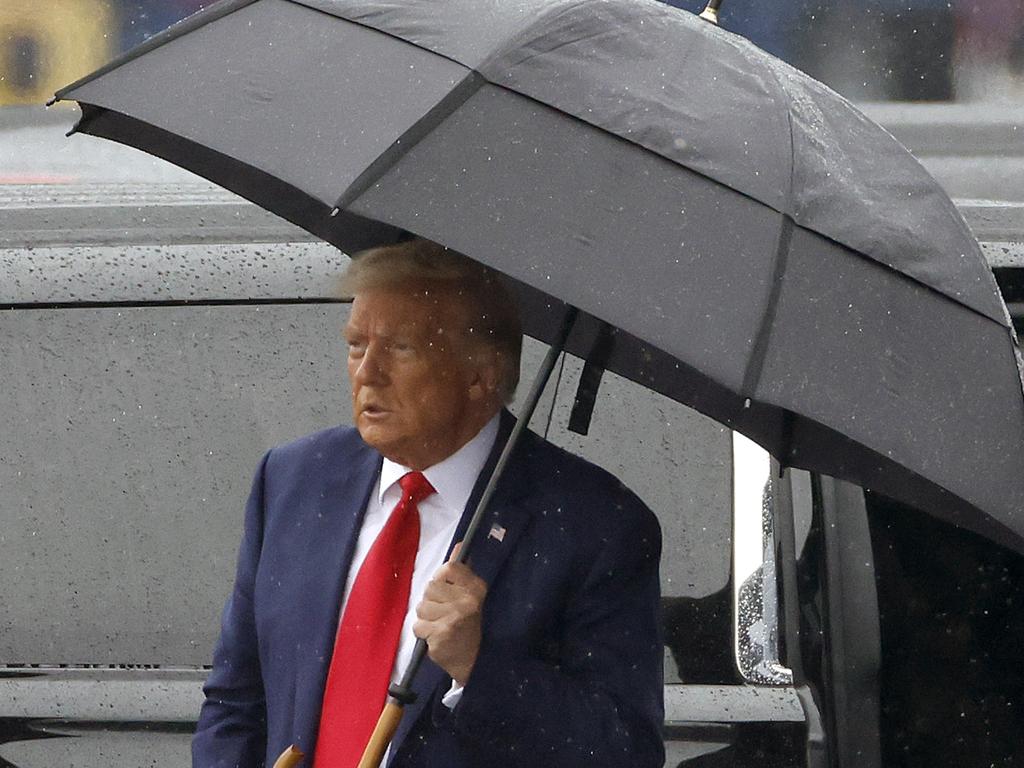
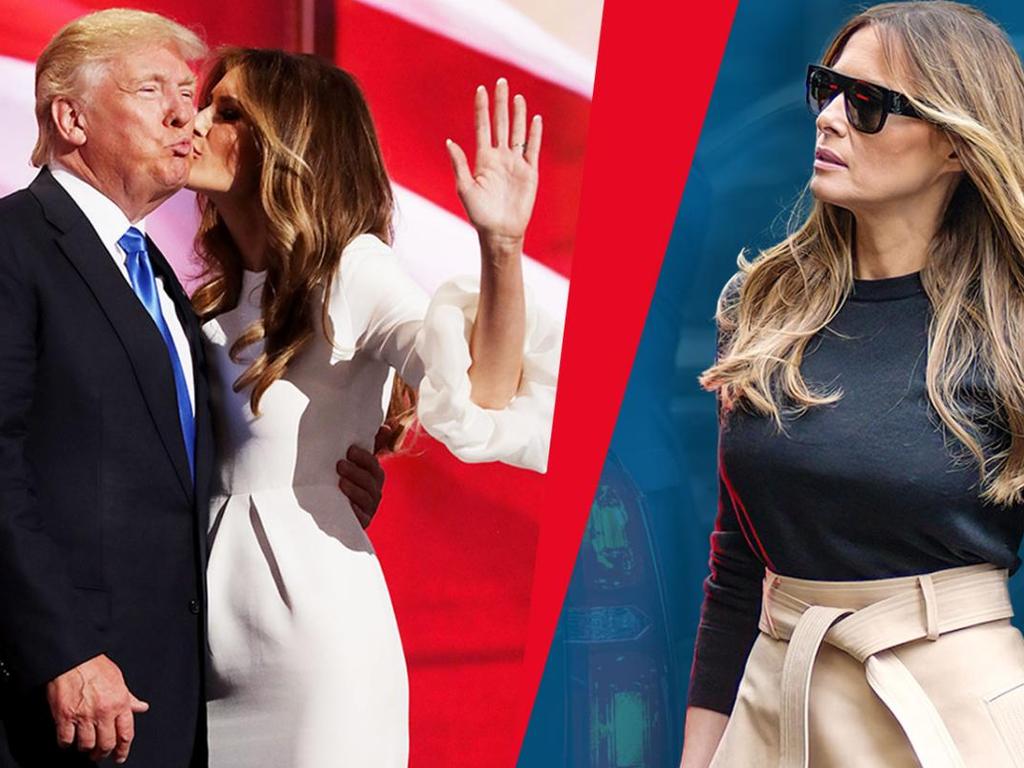




In 1960 Republican presidential candidate and vice-president Richard Nixon wisely chose not to contest the results of the US election, which he lost narrowly to Democrat senator John F. Kennedy, by fewer than 150,000 votes. Despite reports of corruption in Illinois at the behest of the Catholic mafia, which potentially swung a big state to the young Democrat challenger, Nixon bowed out.